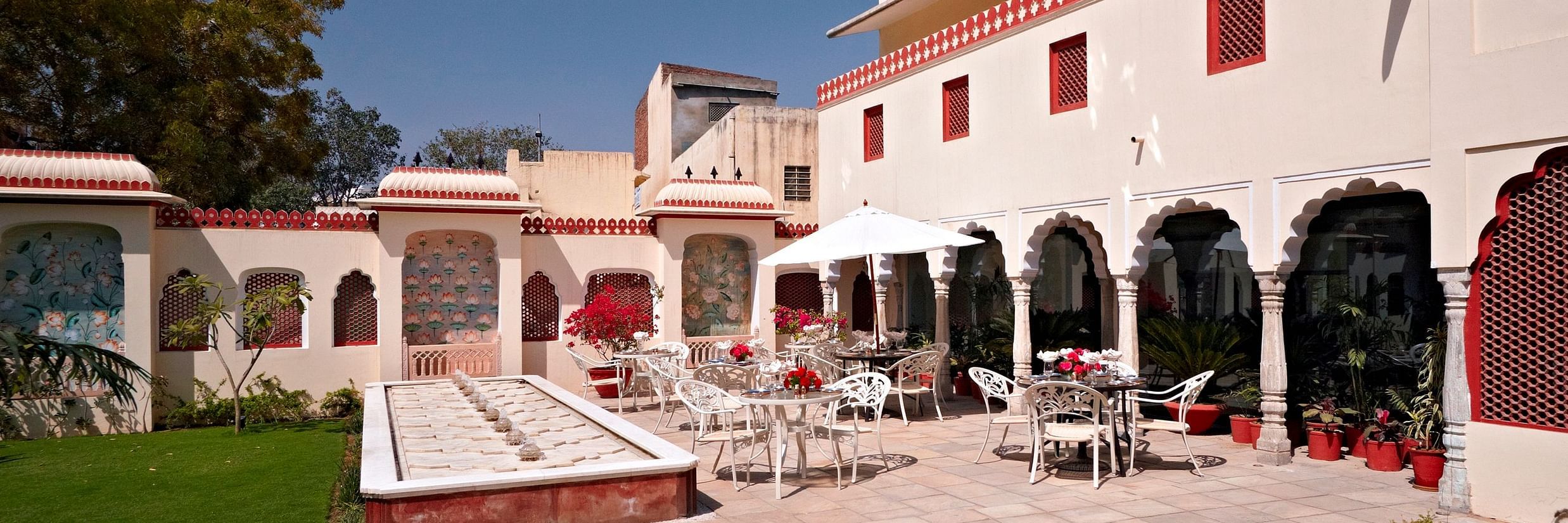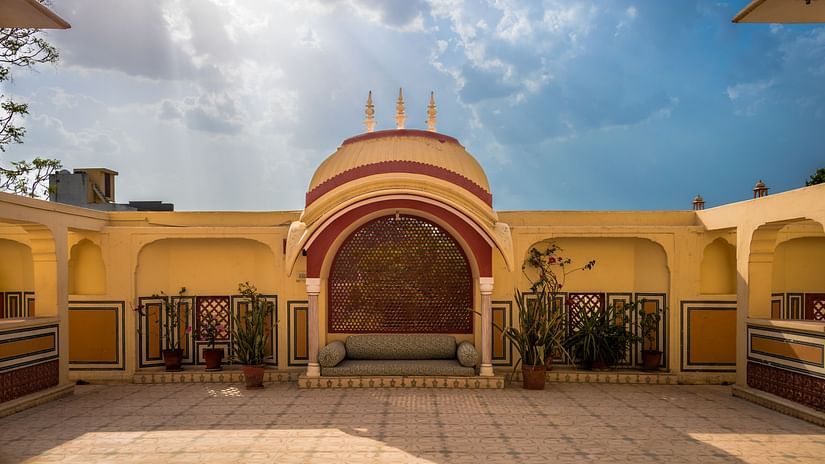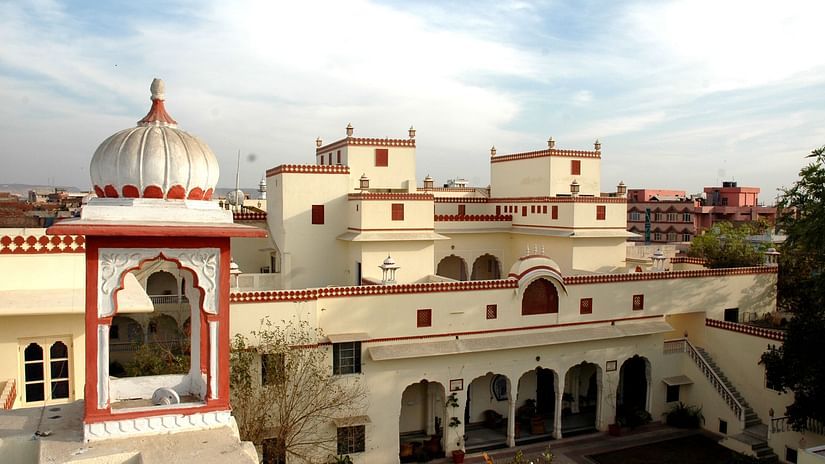
Shekhawati, a region in northern Rajasthan once governed by the formidable Rao Shekhaji, comprises small towns and villages within Sikar and Jhunjhunu districts, bounded by the Aravalis to the east and desert sands to the west. The legacy of Shekhaji, who ascended the Barwada throne in 1445 at the age of twelve, began with a strategic alliance with Panni Pathans. This partnership catapulted him to victory over the Amber forces, securing his independent rule. Eight generations later, his descendant, Rao Shardul Singh, expanded Shekhawat territories, ultimately ruling the entire Jhunjhunu district.
In 1742, Shardul Singh's death led to the "paanch pana," dividing the territories among his five sons. Nawal Singh, the fourth son, established Nawalgarh, while his grandsons, Padam Singh and Gyan Singh, founded Mandawa. Initially a trading post, Mandawa thrived under Thakur Nawal Singh's fortification efforts in 1755. The township blossomed, attracting prosperous merchants who built lavish Havelis in the 18th century to reflect their wealth and success.


These intricately adorned mansions now draw global visitors, showcasing vibrant frescos depicting regional folktales, culture, and history. Thakur Devi Singhji Mandawa and his wife, Sajjan Kunwar, welcomed the first guests to the Castle in 1978, marking the inception of Mandawa Haveli's hospitality journey. Today, Mandawa Haveli serves as a tribute to Rajput heritage, with Thakur Kesri Singh, Thakur Randhir Vikram Singh, and Thakur Pradumn Singh leading the way, perpetuating a legacy of sophistication and hospitality in the heart of Rajasthan.